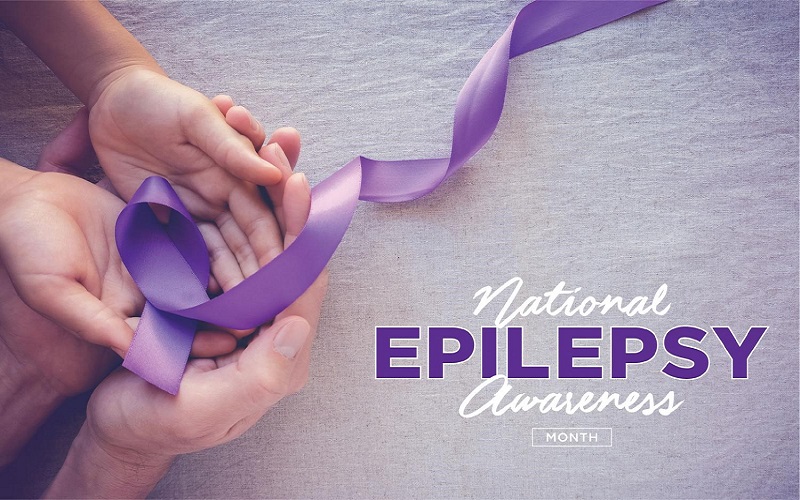5 Facts About Epilepsy

Epilepsy is a neurological disorder in the brain involving a disruption of communication between Neurons, causing seizures to occur.
Epilepsy is only diagnosed when at least two unprovoked seizures have occurred more than 24 hours apart from each other.
My son, William, was diagnosed with epilepsy when he was just a few days old as he had seizures shortly after birth.
Although his epilepsy is now considered to be pretty controlled by the medications he takes, he still has 5-10 seizures a day.
1. Epilepsy is not as rare as you might think.
Globally, 65 million people have Epilepsy.
Epilepsy affects 1 in every 100 children
5 in 100 people in the UK will have an epileptic seizure at some point in their lives and four of those will be diagnosed with Epilepsy.
Every day in the UK, 87 people are diagnosed with epilepsy.
2. Seizures don’t always look the way you are used to seeing them on TV.
The type of seizures we are used to seeing in TV dramas are called tonic clonic seizures. But there are about 40 different types of seizures.
William’s seizures are hardly noticeable to a stranger as they present very differently to a tonic clonic seizure.
His arm goes out to the side, his head locks in place in the opposite direction and he looks like he isn’t quite ‘with us’ for a few seconds.
3. Epilepsy and seizures can develop in any person at any age regardless of whether they have a disability or pre-existing medical condition.
It is the most common serious neurological condition in the world and can affect anyone at any time in their life, however, it is more common in young children and older people.
4. One in twenty people will have a single seizure sometime in their life.
5. There are many treatments for epilepsy including a wide range of medications, each of which carries it’s own side effects, and specialist diets which should only be attempted with input from a specialist dietician.
Some cases may also be treated with surgery.
You should call an ambulance if :
- You know it is a person’s first seizure, or
- The seizure lasts for more than five minutes, or
- One seizure appears to follow another without the person gaining consciousness in between, or
- The person is injured, or
- You believe the person needs urgent medical attention





















